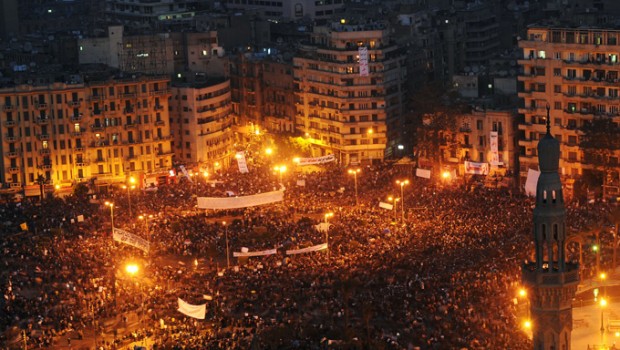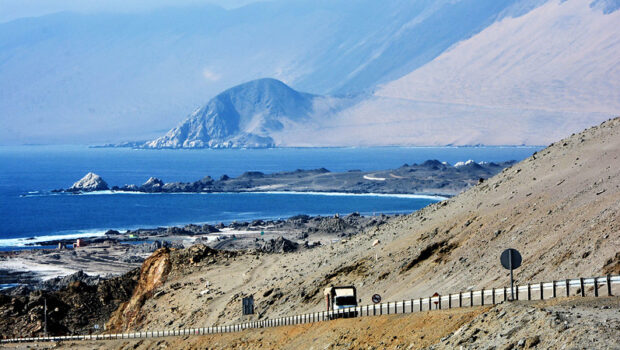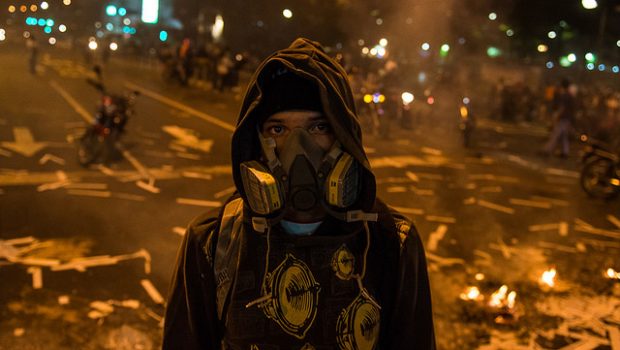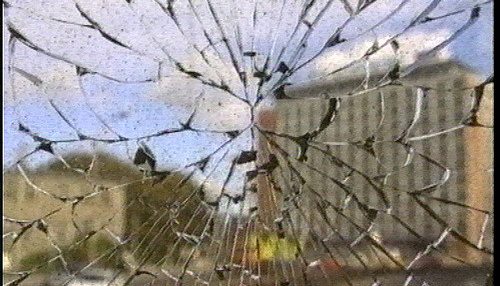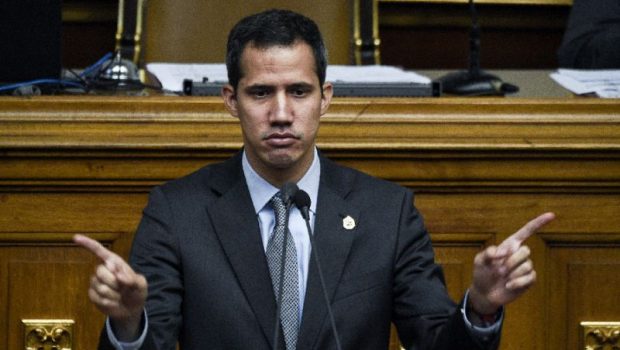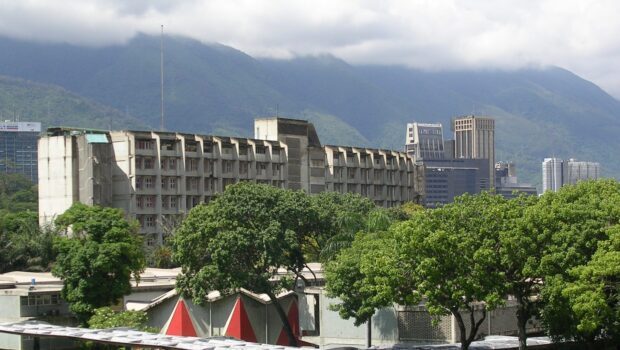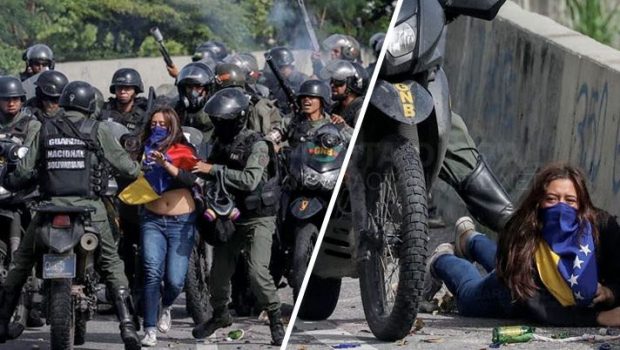Notes From the Egyptian Revolution
Ahdaf Soueif
There are so many aspects to the personality of the Egyptian revolution that would have resonated with Edward Said’s thoughts, exemplifi ed his ideas, his way of being, and what he stood for. When I look at the characteristics that define our revolution, it is interesting to gaze at them side by side with the traditional definitions of what a revolution is or what a revolution is against. In our particular case, the revolution was in opposition to the authority and authoritarianism of the regime–to put it in a polite way, because the regime was worst than that. Also, it was insistent on not turning into the authority we were opposing. This is a resistance that was found directly among the people who took part in the revolution. Many of us insisted on keeping the revolution horizontal; we have so many people speaking for the revolution, and that is how it should be. In addition, the revolutionaries are reluctant to set up political parties. We still have parties that are remnants of the times before the Twentieth of January, be it the discredited parties that ought to be disbanded immediately, like the National Democratic Party, or other parties that have not managed to do anything. In fact, there is a very interesting discussion being formed around the idea of forming parties. Specifically speaking, the question of whether or not we are in a position where we do not need to automatically follow models that have been proven not to work well. Is it the case that the political party system no longer fits the Egyptian society comfortably? Shouldn’t we be looking at our society and work out which structures are likely to become the political structures that we can work with? Is this idealistic? Do we have the time to work this out? These are all questions that are being put forth in our society by the tremendously inventive and creative revolution.
Opposing us was an authoritarian the regime that could not help being authoritarian. When they started realizing that authoritarianism and paternalism were not the most popular attributes for a government to have, the most that the regime could do to put on a new face was make the top people to take off their suits. There was a PR company telling them to get out of their white shirts and use blue ones, to roll up their sleeves and take off their suit jackets. This was them “relinquishing authority”.
One of the things that was remarkable was that, something would happen, and a rhythmic chant would immediately go up to greet it as a response to it. People had given up their apathy, and it was apparent in the slogans, the banners, the cardboard signs that people were carrying, in the way that people sat around the lamp posts with the wires coming out so that they could plug their laptops and mobiles in and in the creation of bathroom systems. The inventiveness
inventiveness was amazing. We had street art and we had street comics in the middle of clouds of tear gas. The first day I was there, on the 28th of January, I was trying to go across one of the bridges to join the revolution. On the bridge were clouds of tear gas, people covering their faces and one person standing on the island on the middle of the breach. He had a brown paper bag over his head on which he had cut two holes and drawn a big question mark where the nose should be. He was just standing there, performing theater in the middle of the street clouded with tear gas… This went on and on. People used any occasion as an excuse for a joke. When stones were used and people had to use crash helmets (not everyone had access to them), people were wearing saucepans on their heads. Egyptian comedians use the wearing of a saucepan on your head as an allegory of madness. If a character wears a saucepan on a stage, it means he’s nuts. Suddenly, the square became filled with people wearing saucepans on their heads and having a good time making jokes about it. It was as if something had been lifted and everyone was liberated and doing things accordingly. Compare that to the performance of the regime, which had regurgitated every trick it had used for the last 30 years, possibly in a duller way than ever before. The night when Mr. Mubarak gave his speech was a Tuesday. He gave in a slow and ponderous way a speech on how he had served his country in peace and in war, and how he was not going to be in power after this coming September. How can you do that? How can he respond to what people are asking by saying: “I will just stay until September” or “There will not be an inherited line” or “I’m old and I need to die in my country.” Because we are good people, some of the revolutionaries agreed that he was an old man and that all he wanted was to die in his country. Basically your heart is thinking. Many broadcasters were weeping on television expressing how moved they were by Mubarak’s wish of dying in his own country. The next morning, there was noise from thousands of claxons, which was very uncharacteristic of our people, because it is considered impolite to use your car’s horn. It turned out that it was the counter-revolution. We were worried, and the next thing we knew was that they sent camels and the horses into Tahari Square and paramilitary groups at night. There they were, backed by security forces but pretending to be on their own, and standing next to the thugs. Behind them was a row of police trucks driving up and down, supplying them with weapons and bags of stones thinking we would not find out. Of course, Mubarak lost the sympathy of the country. I often wonder what would have happened if he had not done that; if he had just let people moan over his tearful speech and not come down with the paramilitaries. The revolution was peaceable, and there was a constant refrain and affirmation that this was a peaceful revolution, but there was the regime reinforcing the old ways.
On the first day, the central security forces were trying to funnel the first lot of protesters into the American Embassy to create an incident. The cry was constant and they said “selmilla”. Needless to say, the regime was the opposite of “selmilla”. Even though the cry was “selmilla” and it was the banner of the revolution, when we were attacked, we fought back. It was so impressive to see that, with no preparation or training, people in Tahiri Square people stood in battle formation on the night of February 2nd. The square is flanked on the one side by the Egyptian Museum and on the other by the Franciscan School. Across that entrance there is the flag over of the Sixth of October Bridge. That’s a high ground where people can use it to attack into the square. And at that entrance was where the major Wednesday battle for Tahrir happened. Suddenly there was a defense line consisting of three rows of young men, and in front of them they placed burnt out cars, and they were the ones in charge of throwing stones back at the attackers. Because they had these cars in front of them for protection, they couldn’t see where they’re attackers were coming from, so they were getting signals from people, both men and women, further back but standing higher up, saying “right” and “left”. Beyond that line of three, there was another line that provided a second line of defense should the first one fall. Beyond that, the third line were the reservists who switched places with the first line constantly. The stones they were throwing were the ones that had been thrown at them, but they were also getting supplies from people who were standing back in the square breaking up the pavement. The broken pieces would be run up to the front in blankets. In one corner there was a field hospital mostly made up of women, because the men were fighting, and some how they found helmets so they didn’t have to wear saucepans anymore. One truck had a group of seven or eight young men with the flag, which they never stopped waving. Then, there were the people in charge of keeping up morale, who took down the corrugated metal hoardings that sealed the metro, or whatever the government has been building there for the last fifteen years, and were just beating on the panels without stopping for eight hours. It was amazing, and it just happened. It was one of the examples of the way people were transformed because, suddenly, thanks to the enablement or empowerment or sense of agency they felt, everybody became part of an organic unit and knew what their role was. Everyone knew where to place themselves to be more effective, and they were doing so to the best of their ability. That sense of being an important part of a communal, self-initiating effort was incredible. At the same time, the revolution was law-abiding and decent. Any thug who was captured had his ID checked, they were often found to belong to the security services like the police, but were out of uniform, and they were handed over to the army. No one was brutalized or beaten and nothing happened to anyone. Even though they were widely hated, the official security service, not the balthageya, were allowed to go if they surrendered. They were even allowed to keep their weapon because, if they had lost it, they would have been court marshaled or killed, so their weapon was emptied and they were allowed to leave. Again, compare that to the behavior of the regime. Not just with the revolution, but over the last thirty years, and particularly in the last ten years. Anybody in Egypt was constantly at risk of being dragged off the street and humiliated, tortured, dumped on some desert road on any pretext whatsoever. It was constant and it was spreading. People had the sense of breaking out of some horrible isolationist nightmare where the policy of the regime had been to divide and to scare people of each other, turning Muslims against Christians and Christians against Muslims. The discourse at the beginning of the revolution was something along the lines of “we know that you are honorable people and that you have the interest of the country at heart, but you have been infiltrated”. Now, who had we been infiltrated by? “Well, by the slum dwellers. The middle class is ok, but poor people are infiltrating your ranks”. Now, this is a revolution, not a bridge party. They were trying to be divisive. It was pathetic, and it had been going on for so long that people broke out of it and articulated the fact that they were breaking out of it. We had great communication at the time. You could be walking at a square and people would just come up and talk to you. They were articulating what they were learning, what they were feeling, and communicating it to others.
Parallel to this was an idea that I had been following in a novel. In 2200 B.C. the old kingdom in Egypt fell. There followed two hundred years of decline and fragmentation, and everyone thought it was the end of history. Nothing is new, is it? Everything that they valued and had believed in had been proven not to work, so the world was ending for them. The most common refrain from the literary complaints that were passed down to us from this period is “who can I speak to today?” And that is very telling; this idea of having no one to speak to is the most terrible thing in the world, and when you speak, you assume that the person you are speaking to is attentive. They’re not passively listening, waiting for you to finish. They are actively listening and engaging, and working out what they can contribute. In Tahrir Square, people were talking to each other and listening to each other in that spirit. This was one of the great qualities of the revolution. This communication, inclusiveness and willingness to learn… All that has become symbolic of the harir, and I don’t mean to be chauvinist, but it is what has become the symbol for all of these things in Egypt. But most importantly of all, this revolution was modern.
It was modern because the new social media played a great part in this cutting edge revolution. It was very modern and of the minute, and it was very aware of itself as such. I hadn’t realized this, but what I was told by my son and nephews was that part of what they felt, particularly when the camel was turned loose on them, was that they felt insulted. They felt insulted in terms of “orientalism.” Everyone was very aware of the concept of our collective image. This was a measure of how far Edward’s ideas had permeated the consciousness of people. Everyone was aware of the attempt to paint us in a particular way, as not being ready for democracy, prone to extremism, hysteria and violence, and then to attack us with camels… It was medieval. This was your average man who sells sweet corn in the street saying, “they have been telling the world that we are not ready for democracy, but this is about dignity and freedom”, and they were keen on letting the world know this. It did feel like this was a young vigorous, inclusive and internationally connected movement being opposed by a Neanderthal regime too heavy to be flexible or maneuver. This brings me to the conviction that, just like anyone who has read Edward’s work who has seen it reflected, it was a necessity to appear in a certain way to a certain part of the world. There was a day when they attempted to slide in Omar Suleiman as the next president. He gave an interview to Christiane Amanpour and was followed by Mahmoud Mubarak, and I swear it was like they were looking at the same piece of paper. They talked about the revolution and what people were ready or not ready for. They were singing from the same songbook. Basically, this miraculous, inclusive and modern revolution summarizes what Edward Said has been writing about. The last time I saw him was at heonway, when he was staying with Karl Saba. He burst out irately asking why no one talks about the “big things anymore? Where are the concepts of justice and liberty? ” A deep silence fell into the audience because it was completely true. The discourse had fallen into such a level that it seemed those words were embarrassing. He said to me as we walked out that he found my performance very touching in the belief and optimism that I showed. Coming from anyone else, I would have felt patronized, but I didn’t because he meant it seriously; and I knew that he was speaking literally because to be touched was a good thing. So, I’m touched, happy and I want to hold what is happening, to keep concentrating on it, keep it safe and make sure it stays with us. The people in Egypt are chanting, discussing, and articulating these big concepts that made Said so annoyed on that day because they were not spoken about. We have bread, liberty and social justice. Many of us on the streets have said, if only Edward Said was here to see what just happened; it would have been a great moment of victory. This is his moment. There is room for all and certainly there is room for all in Egypt. We are questioning if the true nature of the Egyptian revolution is popular, societal or just human.
The feeling that we all have there is of pride. Having felt so awful about us for such a long time, it feels wonderful to be able to feel proud about being Egyptian. When Mubarak left, the chants were hold your head up high, you’re Egyptian. At the same time, we became aware of the interest the world was showing in this revolution, of the way it had captured the people’s imagination, the way it has spoken to people. The energy that came back to us from that reception was tremendously important. Our sense is that this is something unique, something that was necessary. It’s still there as a new born thing and we have to nurture it and see how it’ll grow. It is Egyptian because it happened to be born in Egypt, but it belongs to everybody in the world.
Posted: April 25, 2012 at 10:06 pm


